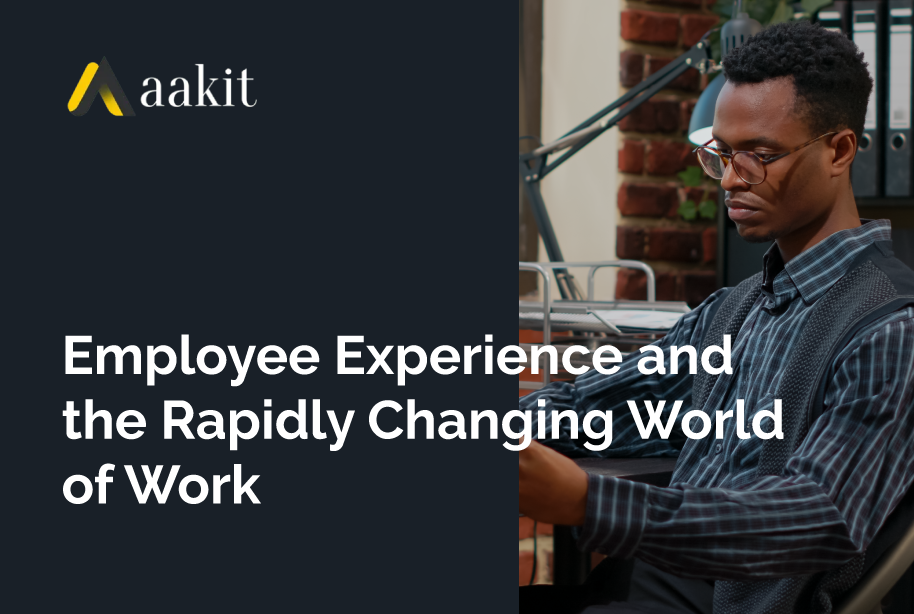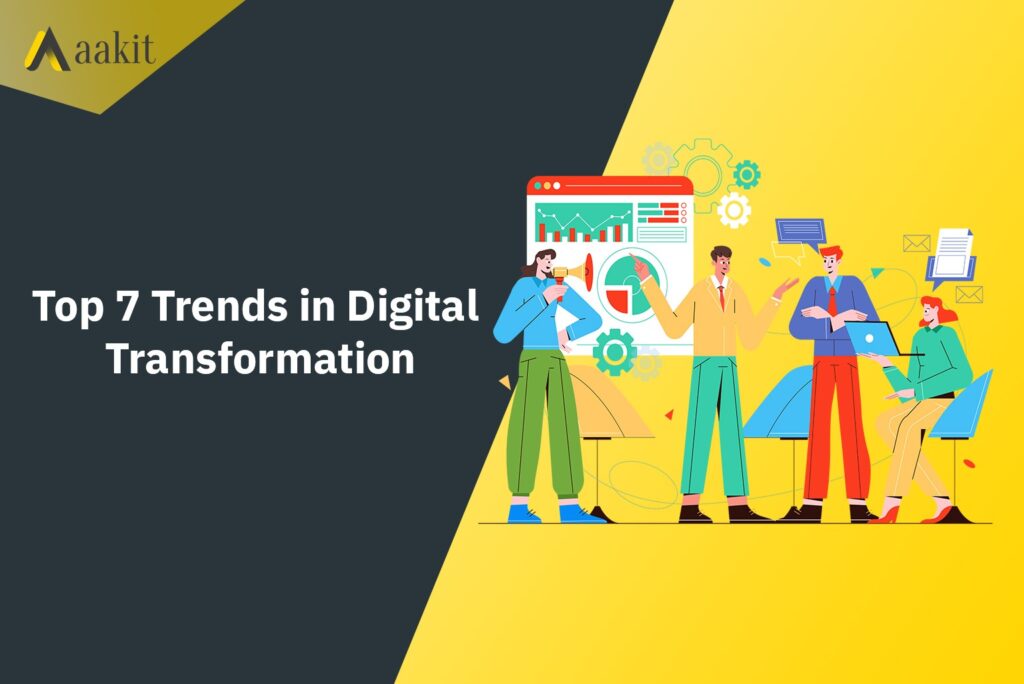The rapidly changing world of work has indeed made attracting and retaining top talent a different ball game altogether. Terms like “employee experience,” “workplace transformation,” etc., are generating a lot of buzz in business circles in the post-pandemic era. Even the numbers say so.
78% of HR leaders firmly believe that EX will be one of the most critical factors impacting firms’ ability to deliver on business objectives. Moreover, the 2021 Employee Experience survey conducted by Willis Towers Watson indicates that more than 9 in 10 (92%) employers believe enhancing EX will be a priority over the next three years — up from 52% before the pandemic.
So, what exactly is employee experience? EX is the totality of all employee experiences throughout the journey they undertake within an organization, including everything from recruitment, selection, and onboarding to career progression, development, and exit. In leading analyst firm Gartner’s words, “Employee experience is how employees internalize and interpret their interactions with their organization and the context that underlies those interactions.”
Below, we’ll discuss how employee expectations have transformed today’s business context and what C-suite leaders can do to address these. Moreover, we’ll delve deeper into the business impact of a positive employee experience.
Understanding employee experience in the rapidly changing business landscape
As an aftermath of the COVID-19 catastrophe, employee interactions have become more virtual, mobile, and distributed. We have now entered what is touted as the “new normal,” a world of hybrid workers wherein some employees return to the office while the others juggle between in-office and remote work.
The pandemic has birthed the concept of “putting people first.” And for excellent reasons too. As employees shifted to “working from home,” social interactions dwindled, and business leaders witnessed mounting issues in communication and collaboration amongst teams. Add to that the disengagement from working in silos and the anxiety of contracting the disease, and EX leaders were up against the wall dealing with an increasingly demotivated workforce and stressful workplace dynamics.
Today’s HR leaders have quickly gauged how critical employee experience is. Forrester Consulting’s research shows that more than a quarter say it is the most important aspect of their HR strategy. Another 42% say it is very important, a significant jump from two years ago when only 9% considered EX the most crucial factor.
But why is creating positive employee experiences essential? The answer is simple. The smallest moments of an employee’s experience with the organization directly affect engagement and performance and encompass how an employee feels about the brand’s vision and culture.
A positive employee experience (EX) can accrue significant returns, also known as the returns on experience (ROX). Let’s explore further.
Measuring Returns on Employee Experience (ROX)
Is it worth investing in employee experience in today’s dynamic business landscape? Well, the facts below are sure to create solid favourable arguments.
Decreasing employee turnover
Research shows that a highly engaged workforce can reduce a company’s turnover by 25-59%.
Reduced recruitment costs
Employees who have positive experiences with their organization stay longer (87% vs. 66%) and recommend their employer to job seekers (84% vs 59%) compared to their less satisfied peers.
Improved bottom-line results
Forrester Consulting surveyed 900 global HR decision-makers and found that 77% reported increased revenue, and 61% experienced improved profitability.
Interlinking customer experience with EX
Forrester found that 75% of HR leaders reported improved CSAT scores resulting from effective employee experience initiatives in the same survey.
Amidst the pandemic, 90% of surveyed customers stated that they cared deeply about how brands treated their employees, with 67% claiming an “employee-first” attitude as very important.
Developing a compelling employee experience strategy
Developing effective employee experience practices can help organizations create personalized and more meaningful employee engagement and build a more comprehensive view of their emotional and cognitive states.
Ever since the COVID-19 pandemic hit communities globally, the business world has witnessed digitalization unprecedented.
Research has shown that brands with more advanced technology and organizational practices see a return of 3.73% on their EX investments, compared to just 2.24% in less mature counterparts.
Consequently, digital employee experience, or DEX, is the latest buzzword amongst the business community. DEX constitutes the type of interactions employees have with the technology in their environment.
Employee experience platforms or digital workplaces unify the apps, tools, and information employees need for communication, collaboration, and knowledge discovery. These platforms allow brands to establish a sense of well-being and purpose in a hybrid setup while solving social isolation, lack of communication, and difficulties in accessing information.
Moreover, C-suite leaders must identify the aspects of employee experience that their organization must focus on and consequently collect data around the same. For example, suppose employee well-being is a priority. In that case, organizations must leverage technologies such as artificial intelligence (AI), Big Data, and predictive analytics to map data about how people work vs how they feel, build healthy work patterns by studying work habits that lead to burnout and obtain actionable recommendations on focused work and mindful disconnect.
Final thoughts!
Your people are your most significant assets. Investments in employee experience are:
- Your most potent investments.
- Bringing intangible benefits such as enhanced individual and team efficiency.
- Higher engagement and lower retention.
- Increased productivity and revenue.
- Exceptional customer satisfaction scores.
Therefore, well-designed employee experience programs, backed by the most powerful technologies, will surely set up your organization for tremendous success.



